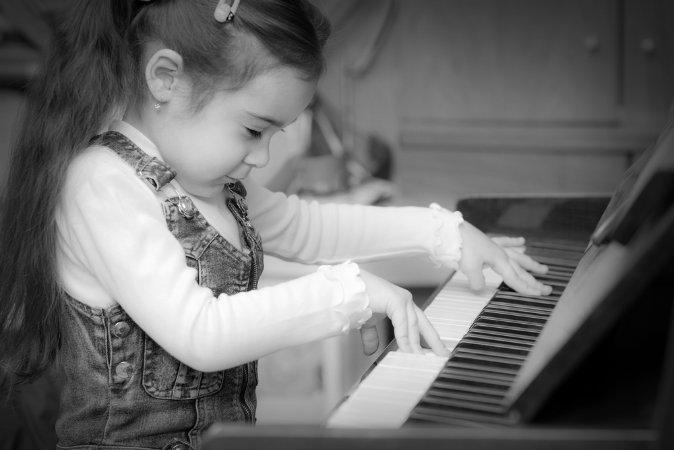Tufts University researcher David Henry Feldman, in his illuminating extended study of six child prodigies, titled “Nature’s Gambit,” recounts several very strange anecdotes told to him by parents of these children. One of them, Adam (pseudonyms were used to maintain confidentiality), related what seemed to be memories of his own birth, including reaction to the bright lights of the delivery room and the placement of a suctioning bulb into his nose. He also related apparently prenatal memories, such as the sound of his mother’s singing and “the walls closing in on me—they hurt.” What makes this latter point so remarkable is that his mother’s pregnancy was beset by numerous complications, including uterine contractions that threatened to terminate the pregnancy from the fourth month onward.
The Emotional Intensity and Complexity of Child Prodigies
Among child prodigies, there is an over-representation of complicated pregnancies and premature births. Many child prodigies show an increased emotional sensitivity.

A stock photo of a child playing the piano Shutterstock*; edited by Epoch Times
|Updated:



